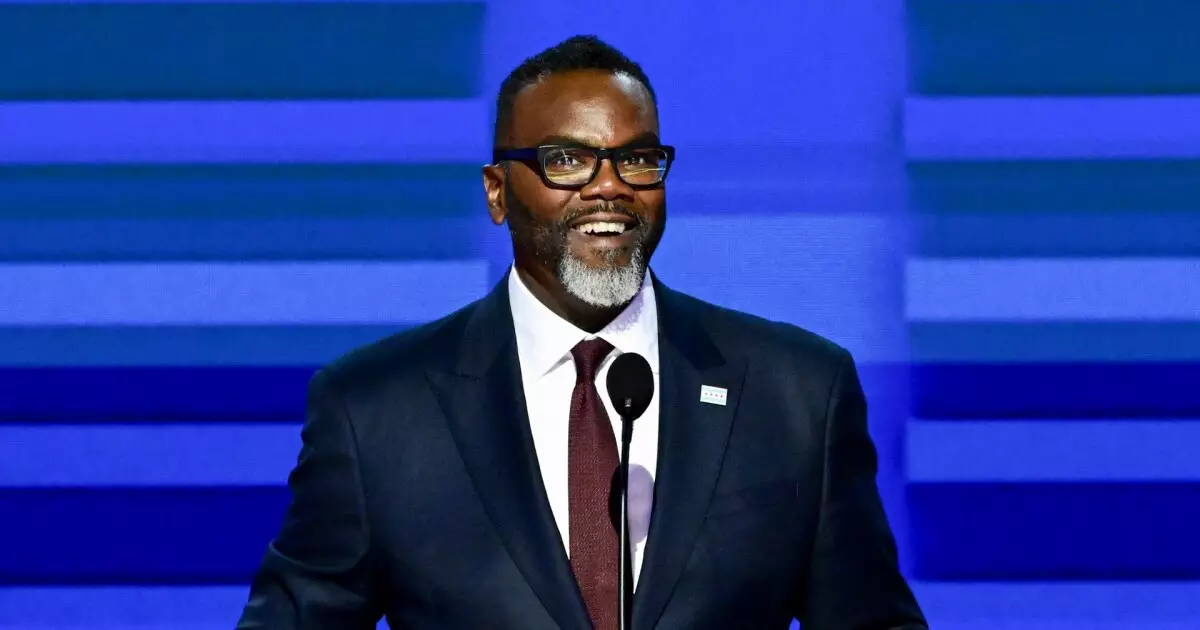The Chicago City Council’s recent approval of a $1.5 billion debt refinancing plan has sparked significant discussion regarding fiscal responsibility and long-term sustainability. By postponing a decision during the council’s October 9 meeting, many anticipated an intense debate among aldermen regarding the viability of the strategy. Ultimately, the council’s 35-12 vote established the groundwork for the issuing of bonds anticipated in the fourth quarter of 2024. The move raised questions about Chicago’s enduring financial health and the potential impact on taxpayers.
The finance team estimates that this refinancing will reduce the average interest rate of this debt from 5.62% to 3.75%. By employing a tender offer for approximately $500 million of the bonds alongside callable general obligation (GO) bonds, the city anticipates generating a savings of $110 million in present value. Mayor Brandon Johnson’s administration framed this refinancing as a vital stride towards improving fiscal management, claiming it would help diminish budgetary pressures. However, as the excitement builds over these anticipated savings, various financial analysts express skepticism regarding the long-term implications of such a move.
Municipal Market Analytics (MMA) has highlighted the diminishing financial flexibility that Chicago faces in its current and future budget cycles. Analysts emphasize the crucial nature of the refinancing’s structure, specifically how payment schedules for the city’s outstanding debt may be altered. The suggestion that this refinancing could signal the end to a decade of improved credit quality has raised red flags for stakeholders. The increasing debt burden, when combined with the potential lack of transparency in the deal, places Chicago’s fiscal future under scrutiny.
While Alderman William Conway averred the fiscal solidity of the refinancing, not all council members share his optimism. For example, Alderman Raymond Lopez, who had initially sought to defer the ordinance, identified substantial concerns regarding spending, loopholes, and fiscal responsibility. Lopez’s insistence on accountability raises critical questions about the efficacy of this refinancing plan as a viable long-term strategy. His commentary highlights a painful truth about such financial maneuvers: without genuine transparency, taxpayers risk shouldering the burden of unresolved debt problems.
In response to concerns raised about the potential for financial mismanagement, Chief Financial Officer Jill Jaworski claimed that the refinancing would responsibly lower the city’s debt, but critics argue that mere reassurances are insufficient. Predicted savings figures underwent revisions during the discussions, sharpening the call for greater accountability regarding how these funds will be allocated. The lack of transparency articulated by Illinois Comptroller Susana Mendoza and her urging for detailed financial data raises alarms about possible misuse of the funds meant for refinancing.
The concerns grow when considering historical precedents: previous administrations have employed similar financial strategies that contributed to long-term issues. As MMA’s Lisa Washburn pointed out, financial maneuvers using one-time solutions often fall short of addressing underlying fiscal challenges. While Chicago is not extending the bond’s maturity, the fundamental structure of the refinancing could resemble past practices known to worsen future debt situations.
For Chicago to reclaim its financial footing, leadership must adopt strategies that prioritize not merely short-term savings but long-term sustainability. A successful fiscal framework requires hard decisions that could involve difficult budget cuts and transformative reforms rather than temporary relief measures. The focus for future administrations should be on finding recurring revenue sources, managing expenditures sensibly, and addressing systemic issues rather than masking problems with refinancing initiatives.
Fitch Ratings recently upgraded Chicago’s issuer default and general obligation rating, yet this should not be an excuse to let down one’s guard. The city’s leadership faces an uphill battle in demonstrating that they can achieve ongoing financial stability amid ongoing challenges. The refinanced strategy marks a pivotal juncture, but if embraced without due diligence, it may perpetuate the cycles of financial strain that have historically plagued the city’s budget.
The decision to proceed with refinancing $1.5 billion in debt encapsulates a critical moment for Chicago, one laden with both hope and skepticism. As it pursues this path, the city must foster transparency, accountability, and genuine long-term planning that transcends temporary financial relief. The actions taken today will resonate for years to come, and the governance of Chicago’s financial future requires vigilance, foresight, and responsible stewardship to ensure that taxpayer interests remain front and center amidst the complexities of municipal finance.

